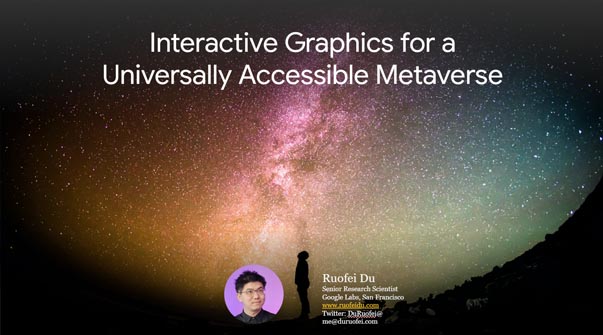
Interactive Perception & Graphics for a Universally Accessible XR
Ruofei Du
CVPR 2025 , Nashville, TN, USA.
pdf |

The project Rapsai, a.k.a. Visual Blocks for ML, aims to make the prototyping of machine learning (ML) based multimedia applications more efficient and accessible. In recent years, there has been a proliferation of multimedia applications that leverage machine learning (ML) for interactive experiences. Prototyping ML-based applications is, however, still challenging, given complex workflows that are not ideal for design and experimentation. To better understand these challenges, we conducted a formative study with seven ML practitioners to gather insights about common ML evaluation workflows. \n\nThe study helped us derive six design goals, which informed Rapsai, a visual programming platform for rapid and iterative development of end-to-end ML-based multimedia applications. Rapsai features a node-graph editor to facilitate interactive characterization and visualization of ML model performance. Rapsai streamlines end-to-end prototyping with interactive data augmentation and model comparison capabilities in its no-coding environment. Our evaluation of Rapsai in four real-world case studies (N=15) suggests that practitioners can accelerate their workflow, make more informed decisions, analyze strengths and weaknesses, and holistically evaluate model behavior with real-world input. Try our live demo at Visual Blocks for ML and let us know if you find it useful in your classes or project!

Ruofei Du
CVPR 2025 , Nashville, TN, USA.
pdf |
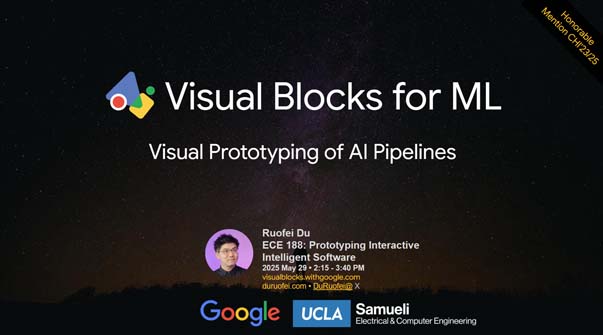
Ruofei Du
ECE188 , UCLA Remote Lecture.
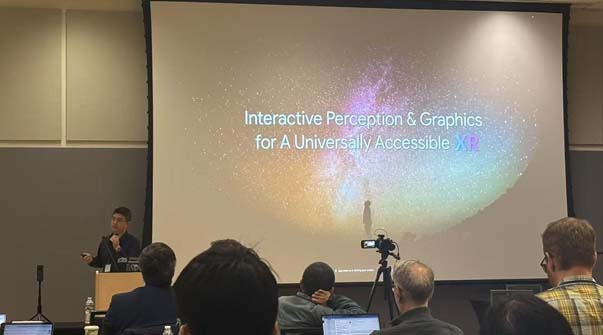
Ruofei Du
NSF ImmerCon 2025 , George Mason University, Fairfax, VA.
pdf |
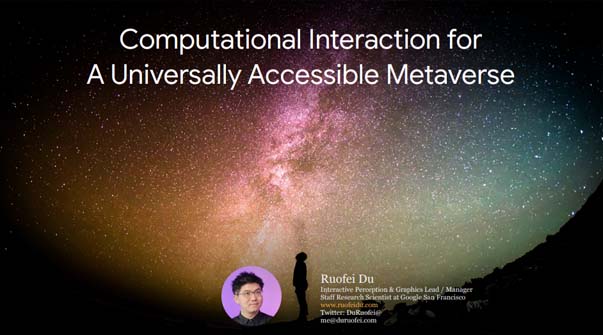
Ruofei Du
Invited Talk at KAIST by Prof. Sang Ho Yoon , Remote Talk.
pdf |
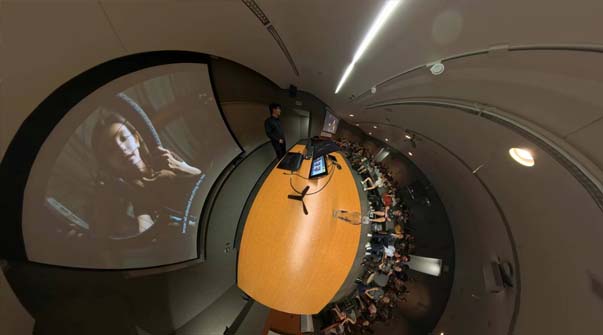
Ruofei Du
Invited Talk at University of Minnesota by Prof. Zhu-Tian Chen, Minneapolis, MN, USA.
pdf |
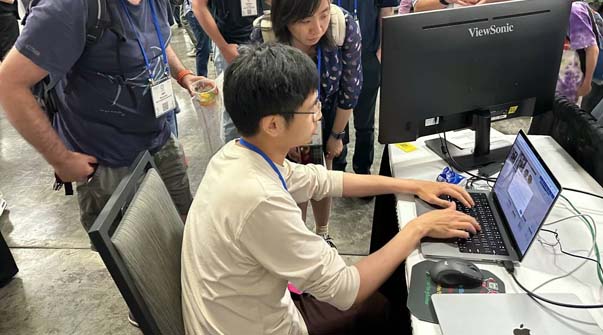
CHI 2024, Hawaii, USA.
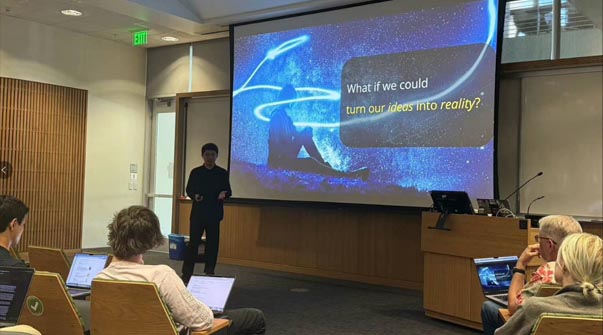
Ruofei Du
CS139: Human-Centered AI @ Stanford , Stanford, Palo Alto.